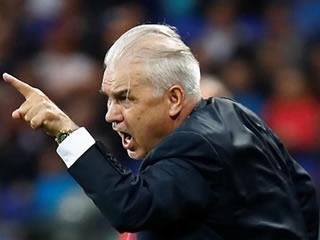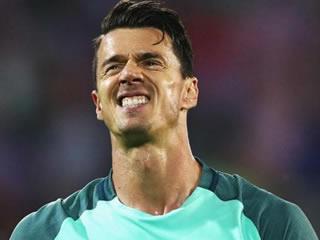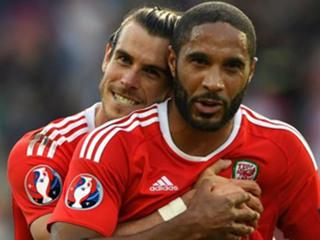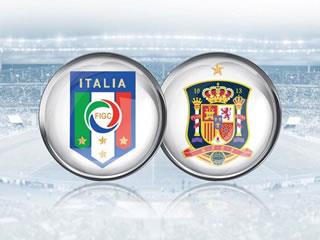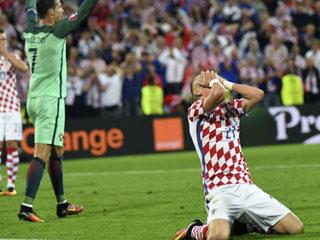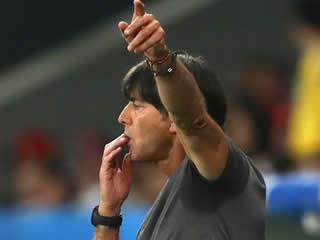Brexit will not create a better England team that can win major tournaments
Tuesday, June 28, 2016 Source: Goal.com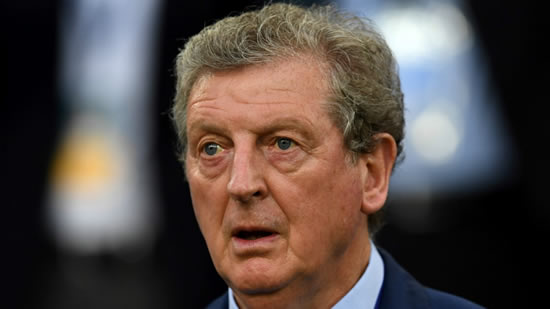
The Three Lions have failed for 50 years not because of European Union restrictions but because of far more inherent issues within the national game such as inadequate coaching
Wherever you are in the world, it cannot have escaped your attention that something called a 'Brexit' has stolen the attention of many across the globe. The United Kingdom's decision to sever ties with the European Union continues to be debated long and hard days after 52 per cent of the country voted to relinquish a 43-year bond.
But whereas the point of discussion before Thursday's referendum was whether or not the UK should remain a part of Europe, the concern since then has been around what exactly will happen next. And football certainly has a few questions of its own as part of the fall-out.
Wales and Northern Ireland might already have come head-to-head on Saturday after delivering differing verdicts on the suitability of Britain's union with Europe, but England's return to the field against Iceland in Nice on Monday helps to bring a whole new concept to sport’s understanding of the new paradigm.
As things stand, every one of England's 23-man squad will participate in the Premier League next year as the behemoth of a domestic championship begins its latest chapter as the world leader in football. The beginning of the new £5.14bn TV rights deal will see the league's 20 clubs become richer than ever before, meaning a continuation on the recent trend which has seen some of the world's greatest players attracted to the country.
But Brexit may well slow down the flow in time, with the need for EU players to meet the same work permit restrictions applied to non-EU nationals likely to reduce the number of European players joining Premier League clubs in the coming years. And that in turn should result in an increased quota of Englishmen being relied upon to carry the burden in first-team squads.
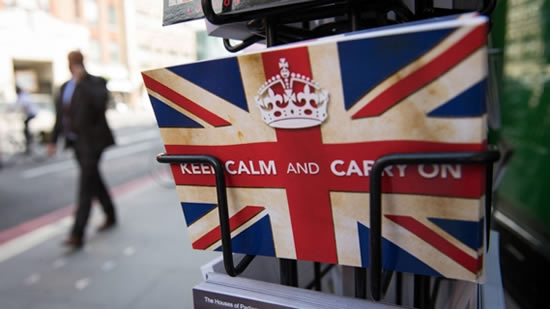
Many have pointed to the relaxation of laws on foreign players, particularly in the post-Bosman era, as one of the factors behind the reduction in chances for English players in the Premier League. And that certainly bears out in pure figures, with 73 per cent of the starters in the league's first round of matches in 1992 being from England but that figure slumping to barely more than 30% in recent seasons.
While much remains cloudy in terms of what a post-Brexit Britain will look like, the greater need for English contributions in the Premier League seems a near certainty. But will increased game time automatically lead to more international-ready players, as many have claimed for time infinitum?
England have failed successively for half a century now, and that is far too long a period to attribute blame simply to the reduced game time open to Englishmen in the Premier League over the last couple of decades. At various times, England players have looked short on tactical nous, on technical flair, on the ability to unlock defences created to stifle. Everything they haven't had has been brought to the Premier League in some way, shape or form by foreign influence.
Coaches such as Jose Mourinho, Mauricio Pochettino and Jurgen Klopp have taught players new ways to approach various match situations. Players like Eric Cantona, Gianfranco Zola, David Silva, Mesut Ozil, Cristiano Ronaldo and Eden Hazard have passed on knowledge, experience and skills to English team-mates. Countless England players have spoken of the great leaps they have made in their game from playing alongside some of the luminaries of the world game.
So what makes us believe that the England national team can be vastly improved by the knock-on effects of Brexit?
"One of my concerns in my period as chairman has been the decline in the opportunities for kids at the bigger clubs to get through and into the first team – very few make it," FA chief Greg Dyke explained to Sky TV after the out vote. "If anything happens that gives them better chances, then I welcome it. I think the clubs will clearly want to keep a totally free market. Whether that is possible we won't know for probably two years."
But the lack of opportunities, as well as Dyke's assertion that too many "bog standard" EU players have been signed up by Premier League clubs speaks to a problem that won't necessarily go away as quick as the volume of European in the game.
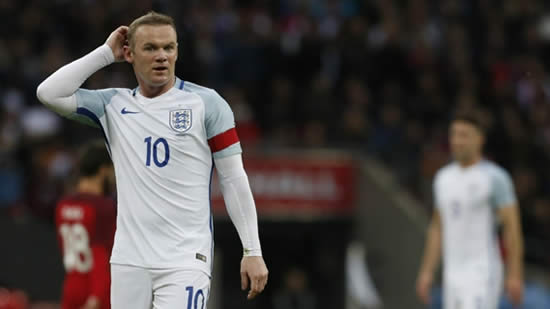
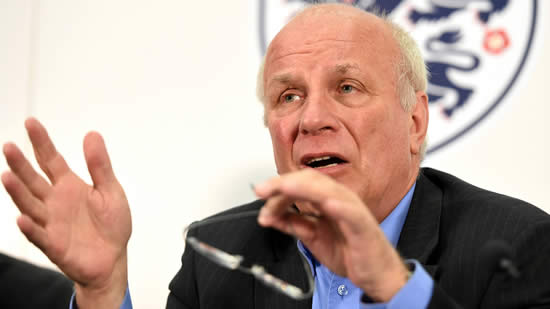
Surely, if players are not getting chances because of "bog standard" foreigners then they are worthy of the same moniker at best themselves. And will those opportunities really come along in a league which will still see the cream of European players arrive due to the Home Office work permit laws which favour the employment of seasoned internationals.
Theoretically, as the Premier League gets richer under the terms of the new TV deal, so its clubs will have a greater pull with the very best players Europe has to offer. Those at the top end of the game will have little trouble satisfying the terms of agreement for work permits, and English players will continue to play second and third fiddle.
Eventually, the players that have pulled on England shirts have had the luxury of playing week-in, week-out with some of the globe's greatest players. So why haven't they managed to transfer the lessons learned into international glory?
And this is all overlooking another key factor in England's issues over the past 50 years, and that is its coaching. The lack of depth and breadth in ability and tactical outlook amongst the country's coaching ranks has undoubtedly had a say in England's underachievement, with issues at all levels from schoolboy to national team having been identified at one stage or another since the World Cup win in 1966 which supporters still cling to so dearly.
If a player doesn't get the correct type, level and intensity of coaching from the age of 10 to 35, how much is one or two fewer foreign players in his club's first-team squad really going to make to his ability to deliver for the England team at a major tournament?
What about the FA's role? Has it really had its hands tied behind its back due to EU regulations, or could it have spent the Wembley relocation money better. Perhaps the St George's Park project could have happened 20 years earlier and with a more resounding message?
Brexit alone has very little hope of making England a greater contender at the 2018 World Cup or the competitions which follow it. Should they manage to win one, those who voted out will claim an extra hand in the victory while every failure will likely be met by the scepticism of those who wanted to remain in the European Union.
But in all likelihood, England's success or otherwise in the years to come will be decided independent of the events of the past week. To claim otherwise would be to exonerate two generations of poor coaching, bad governance and a succession of players who have ultimately lacked the ability to make themselves international winners.
| Ranking | Player | Country | GS (PEN) |
- Year
- Winners
- Runner-up

